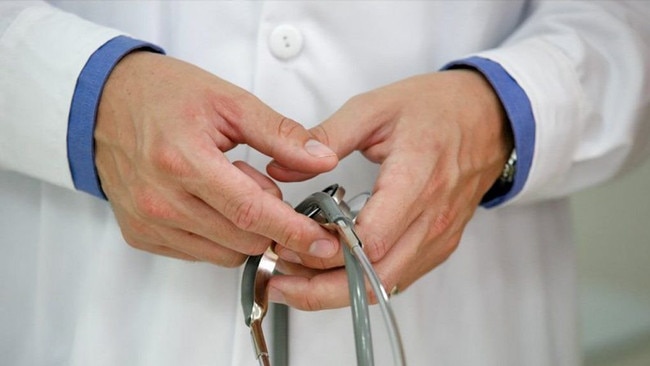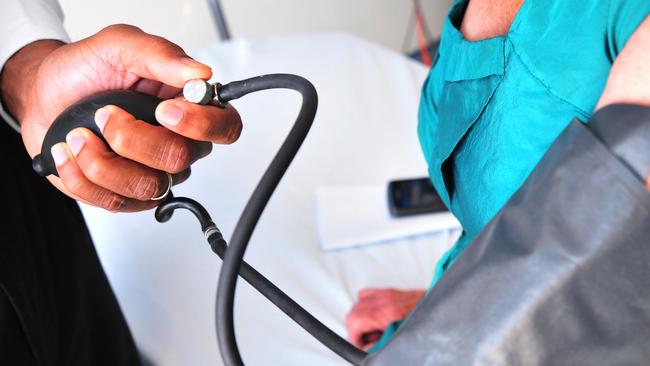Dr William Crawford allowed to practice unsupervised after making racist and homophobic remarks.
A Bendigo doctor who said Māori people ignore their European heritage to claim welfare benefits and more, wants to return to unsupervised practice.

Bendigo
Don't miss out on the headlines from Bendigo. Followed categories will be added to My News.
A Bendigo doctor caught making homophobic and racist comments towards patients will be allowed to practice despite previous restrictions placed on his registration.
Dr William Crawford fronted a VCAT tribunal on April 18 to appeal three conditions limiting his registration after he was found to have made offensive remarks to patients during treatment.
The Medical Board of Australia brought Dr Crawford before the tribunal in March after receiving two independent patient complaints.
An investigation revealed he had made “inappropriate and offensive” remarks during two consultations.
In the first incident, Dr Crawford was treating a child patient with same sex parents where he insensitively inquired about the “natural” parents and made “disparaging” comments regarding the screening process of sperm donors.
The tribunal heard the child had recently been diagnosed with autism spectrum disorder (ASD) and was hesitating in removing their clothing for examination.
Dr Crawford said the parents should “just pull down the clothes, I need to see their skin,” and “your GP might have time to waste like this but I don’t.”
The board and the tribunal heard the family found his comments to be homophobic and “lacking in disability awareness”.

On a second occasion, Dr Crawford was treating a Māori patient when he said “people in New Zealand with Māori and European heritage do not want to acknowledge the European descent because they want to claim the government benefits”.
The board considered those remarks to be “inappropriate, racist and offensive.”
Dr Crawford was ordered to undertake an education course regarding neurodiverse patients, to seek mentoring in understanding patients who were intrinsically disadvantaged and to be supervised by another practitioner while working.
The tribunal heard Dr Crawford disagreed with the findings, saying the patients “misunderstood” his intention in his comments, leading him to appeal the restrictions.
Senior member Anna Dea accepted the statements made by Dr Crawford to be “entirely inappropriate, objectively and inherently racist”, however, decided to remove two of the restrictions.

In her findings she said “mentoring and some education is appropriate.”
Despite her findings regarding Dr Crawford’s comments, she conceded he was “one of the few remaining bulk billing practices in the region.”
“Long term patients who depend on his treatment would be affected by his inability to practice,” she said.
Ms Dea ordered Dr Crawford to undergo mentoring, but ruled it was in “the greater public interest that he continues practice”, cancelling the education and supervision orders previously made by the board.




